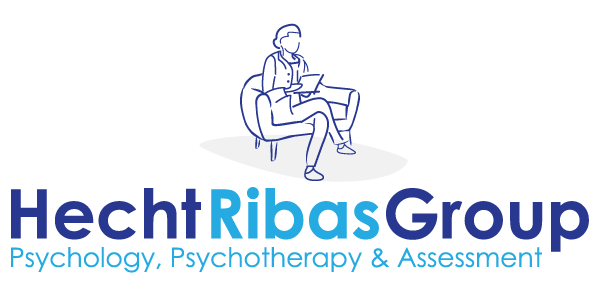A psychological evaluation for a visa can provide valuable insights into your mental and emotional health, as well as your ability to adapt and function in a new cultural environment. Here are some common things that people may learn from a psychological evaluation for a visa:
- Diagnosis: A psychological evaluation may provide you with a diagnosis of any mental health conditions you may have, such as depression, anxiety, or post-traumatic stress disorder (PTSD). Knowing your diagnosis can help you better understand your symptoms and develop a plan for treatment.
- Coping Strategies: A psychological evaluation may also provide you with insight into your coping strategies and how you handle stress and challenges. This can help you identify areas where you may need additional support or resources.
- Cultural Adjustment: If you are planning to move to a new country, a psychological evaluation can help you better understand your ability to adjust to a new cultural environment. The evaluation may also provide recommendations for cultural training or resources to help you adjust.
- Support Networks: A psychological evaluation may also provide recommendations for support networks, such as therapists, support groups, or community organizations, that can help you manage your mental and emotional health.
- Personal Strengths: Finally, a psychological evaluation can help you identify your personal strengths and resources that can support your mental and emotional health. This can help you feel more confident and resilient as you navigate the challenges of adapting to a new cultural environment.
Overall, a psychological evaluation for a visa can provide valuable insights and recommendations to help you manage your mental and emotional health and adapt to a new cultural environment. It is important to take the results seriously and use them to develop a plan for managing your mental and emotional well-being.

